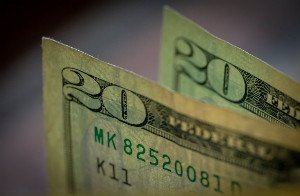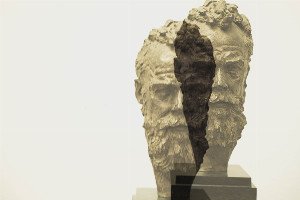ENERGEIA. ONLINE JOURNAL FOR LINGUISTICS, LANGUAGE PHILOSOPHY AND HISTORY OF LINGUISTICS
Linguistics
Energeia is an online journal publishing research in linguistics, language philosophy, and the history of linguistic thought. Explore scholarly articles.

Articles in this Journal
Historical approach to the linguistic reformulation of paraphrases as a case of syntagmatic synonymy
In the present work we study the paraphrastic reformulation, its different kinds and its evolution in Spanish language. The research is theorical and practical, because we offer a theoretical study of paraphrase from diverse doctrines a...
View Full Research
On Coseriu’s legacy
This article examines Eugenio Coseriu’s overall theory of language and linguistics, based on his 1974 book Synchronie, Diachronie und Geschichte (originally in Spanish, in 1958). The topics that are singled out for analysis include the...
View Full Research
The paradoxes of frequency
This article is an enquiry (mostly doxographic) about the role of the frequency in linguistic description. Frequency is mostly seen as the object of quantitative methods, but it may also be intuitive and, sometimes, it is a purely abstr...
View Full Research
A critical theory of linguistics: a humanistic approach
The paper presents some of the main thesis of the “Critical Theory of Linguistics” on which the author is working at present, together with epistemological and ethical motivations underlying them. It starts from the Humboldtian axiom “l...
View Full Research
Heisenberg on Science, Language, and the Question of Objectivity
Far from regarding physical science as a universal model of human knowledge, Werner Heisenberg relativized the scientificity of natural science, situating this domain of knowledge in a wide range of our modes of experiencing the world....
View Full Research
Discursivity. On the logical explanation of Ricoeur's hermeneutics
This article explores the logical dimensions of Ricoeur’s definition of Discursivity. This is a key aspect for understanding not only the general meaning of Hermeneutics, but also the particular relevance of the concept in the author’s pra...
View Full Research
Outlining linguistic concepts. Definition and description of the purpose
This work represents an attempt to emphasize the problem that terminological or conceptual vagueness causes for linguistic studies, mainly in relation with the operations of definition and description. The distinction between definition an...
View Full Research
The semantic logos and the apophantic logos
Coseriu separates lógos semantikós from lógos apophantikós. The former manifests in the three levels of linguistic determination: it is universal since it is the meaningful function; it is historical in so far as the meaningful function is...
View Full Research
The absolute reality of the categories
The debate about categories has been in the Western Civilization since Aristotle formulated his organon or set of procedures to study things. In the European tradition categories have prompted different problems: the problem of their na...
View Full Research
The critical theory of linguistics between cultural and cognitive sciences and the biological basis of language
One basic task of the “Critical Theory of Linguistics” is to develop criteria of epistemological validity for creating and judging linguistic concepts. The German “critical philosophy” of Kant, Hegel and others furnish the main tools fo...
View Full Research
Showing 1 to 15 of 30 results
Top Blogs by Rating
Unraveling Heredity: Beyond th...
By Sciaria
Ops Debt: Unmasking the Silent...
By Sciaria
Beyond the Chart: The Nurse's...
By Sciaria
Favorite Blog
The Unspoken Wisdom: Embracing...
By Sciaria
The Silent Language of Your Bo...
By Sciaria
Unleash Your Inner Recess: The...
By Sciaria





